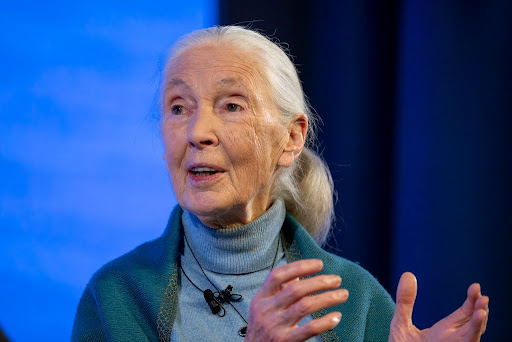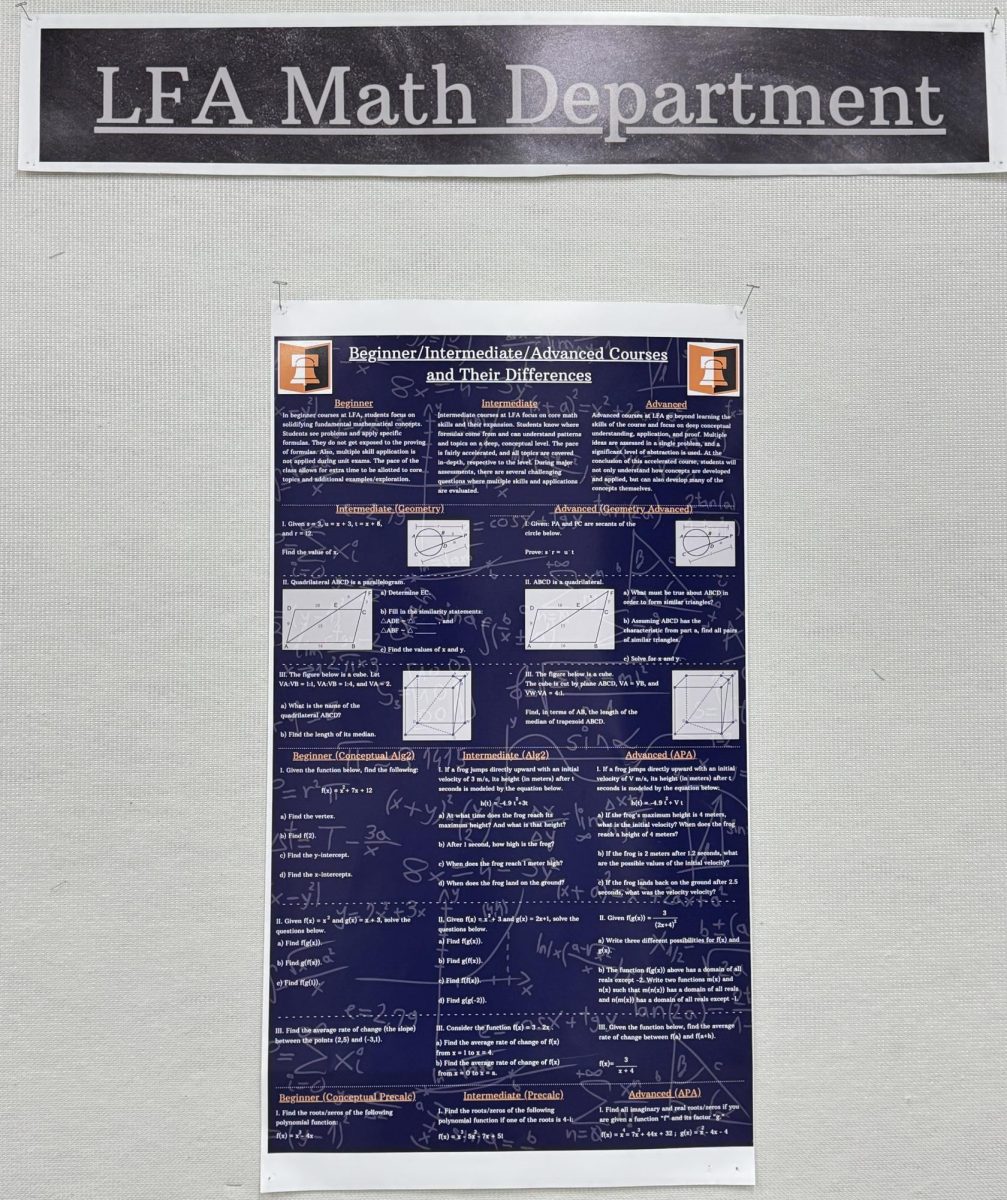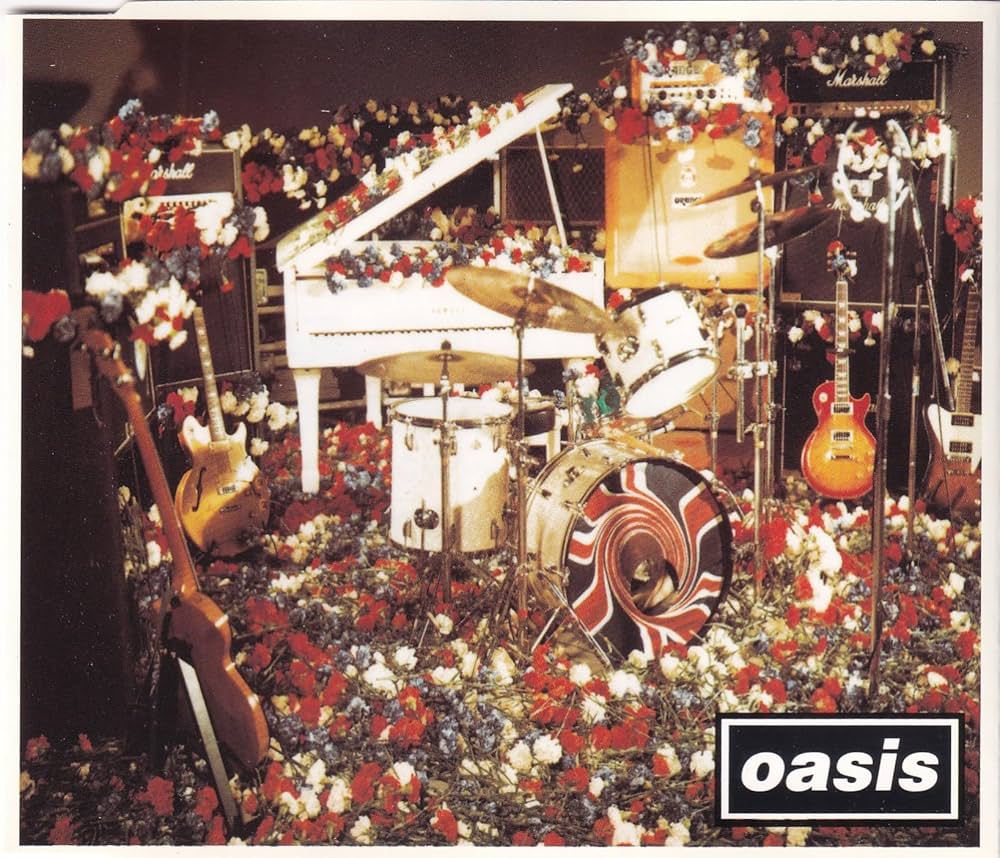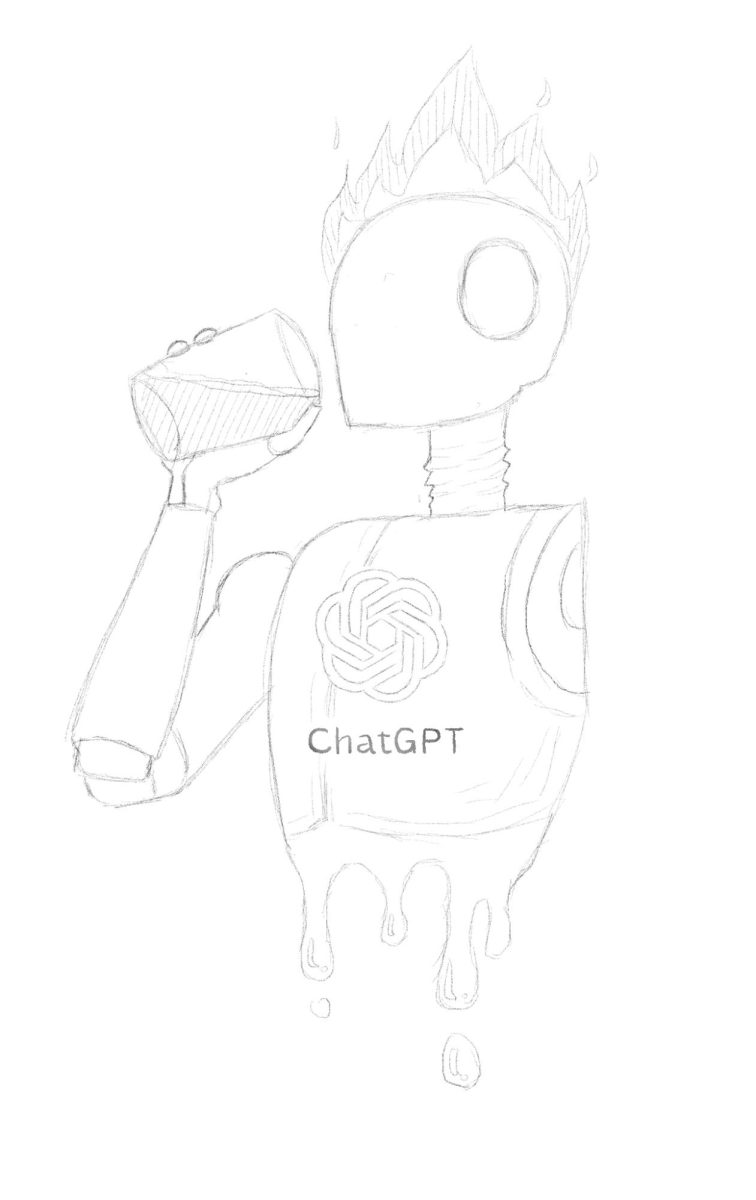The governmental structure of the United States is akin to a Jenga tower that has been stacked to the point that it can barely stand on its own. The base of that tower is, of course, the Constitution, our republic’s founding document that has garnered an untouchable status that has served as a roadblock to any meaningful change. The idea that the Founding Fathers were infallible in their construction of the world’s first modern democracy permeates political thought, and thus any change to the nation’s government is all but taboo. If we could get past the veneration of the Constitution, though, a healthier political system becomes a viable future.
One of the only things that most Americans can agree on nowadays is that the country needs an alternative to the two-party system. Gallup’s October 2024 survey found that 58% of the country wants a third major party, but our voting systems make voting for anybody but a Republican or a Democrat unviable – any vote for a third party is a wasted one, and that will always be true in the first-past-the-post system that the majority of the country uses to elect the House, Senate, and presidency.
The solution to this issue is twofold: in the legislative branch specifically, a proportionally representative House of Representatives would open up Congress to minor parties; in all elections, ranked choice voting (RCV) can help avoid the spoiler effect that makes third parties nearly unviable at the state and federal levels of government.
You don’t have to look very far to find a good solution to making the House properly represent the country: in New Zealand’s mixed-member proportional (MMP) voting system, voters cast their ballot for both a candidate and a political party. Each congressional district elects a candidate with the remaining seats in the legislature allocated in order to make the overall makeup of the assembly match the party vote. Expanding the House of Representatives alongside outlawing gerrymandering would allow for an MMP system to make third parties viable. Leveling the playing field would also include abolishing the Senate; despite its existence since the ratification of the Constitution, it over-represents small states, making the votes of their citizens worth much more than the votes of those living in more populous states.
The electoral college also needs to go. An institution created as a compromise in order to appease those who were scared of the people choosing their leader, it creates an imbalance where not only do voters from states with low populations see their vote matter more than those in larger states, but the impact of those living in swing states vastly outweighs those who live anywhere else. The votes of a Republican in California or a Democrat in Texas have little impact on the result of the presidential election. Millions of people are disenfranchised under the electoral college that would have their votes counted under a popular vote system. The change must happen.
These changes to the American electoral system, if they may occur in some distant future, seem like foreign concepts. The nation’s political conscience seems ready for institutional change, yet the populace still remains skeptical of any reform that could be accomplished. If steps are taken to make the American democracy channel the will of its people and centuries-old systems can finally be made to work in favor of those that it meant to represent, then a healthier, less divided nation may finally illuminate the end of the tunnel.






































